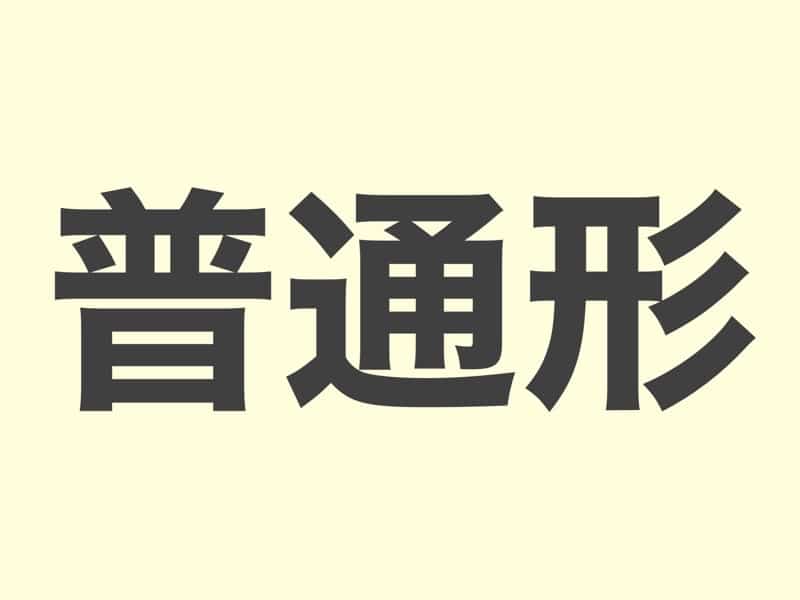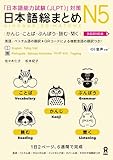Understanding the short form (普通形) is crucial for anyone learning Japanese, as it is the foundation of informal conversation. This form, often referred to as the plain or casual form, is used in everyday speech and writing. In this guide, we will explore how to conjugate verbs and adjectives into their short forms across the three main verb groups and provide examples for both I-adjectives and na-adjectives. By mastering the short form, you’ll be able to express yourself more naturally and confidently in Japanese conversations. Let’s get started on this essential aspect of the language!
JLPT Textbook Recommendations
Group 1 (U-Verbs)
| 丁寧形 (Polite Form) | 普通形 (Short Form) |
| いきます (iki masu) | いく (iku) |
| いきません (iki masen) | いかない (ikanai) |
| いきました (iki mashita) | いった (itta) |
| いきませんでした (iki masen deshita) | いかなかった (ikanakatta) |
Group 2 (RU-Verbs)
| 丁寧形 (Polite Form) | 普通形 (Short Form) |
| たべます (tabe masu) | たべる (taberu) |
| たべません (tabe masen) | たべない (tabenai) |
| たべました (tabe mashita) | たべた (tabeta) |
| たべませんでした (tabe masen deshita) | たべなかった (tabenakatta) |
Group 3 (Irregular Verbs)
| 丁寧形 (Polite Form) | 普通形 (Short Form) |
| します (shimasu) | する (suru) |
| しません (shimasen) | しない (shinai) |
| しました (shimashita) | した (shita) |
| しませんでした (shimasen deshita) | しなかった (shinakatta) |
| 丁寧形 (Polite Form) | 普通形 (Short Form) |
| きます (ki masu) | くる (kuru) |
| きません (ki masen) | こない (konai) |
| きました (ki mashita) | きた (kita) |
| きませんでした (ki masen deshita) | こなかった (konakatta) |
I-Adjectives (い形容詞)
For I-adjectives, simply remove です (desu).
| 丁寧形 (Polite Form) | 普通形 (Short Form) |
| たのしいです (tanoshii desu) | たのしい (tanoshii) |
| たのしくないです (tanoshikunai desu) | たのくない (tanoshikunai) |
| たのしかったです (tanoshikatta desu) | たのしかった (tanoshikatta) |
| たのくなかったです (tanoshikunakatta desu) | たのしくなかった (tanoshikunakatta) |
Na-Adjectives (な形容詞)
For na-adjectives, です (desu) becomes だ (da), and ありません (arimasen) becomes ない (nai). でした (deshita) becomes だった (datta), and the past negatives will change from ない (nai) to なかった (nakatta).
| 丁寧形 (Polite Form) | 普通形 (Short Form) |
| きれいです (kirei desu) | きれい(だ)(kirei (da)) |
| きれいじゃありません (kirei ja arimasen) きれいではありません (kirei dewa arimasen) | きれいじゃない (kirei ja nai) きれいではない (kirei dewa nai) |
| きれいでした (kirei deshita) | きれいだった (kirei datta) |
| きれいじゃありませんでした (kirei ja arimasen deshita) きれいではありませんでした (kirei dewa arimasen deshita) | きれいじゃなかった (kirei ja nakatta) きれいではなかった (kirei dewa nakatta) |
Noun (名詞)
For nouns, the conjugation is exactly the same as for na-adjectives.
| 丁寧形 (Polite Form) | 普通形 (Short Form) |
| あめです (ame desu) | あめ(だ)(ame (da)) |
| あめじゃありません (ame ja arimasen) あめではありません (ame dewa arimasen) | あめじゃない (ame ja nai) あめではない (ame dewa nai) |
| あめでした (ame deshita) | あめだった (ame datta) |
| あめじゃありませんでした (ame ja arimasen deshita) あめではありませんでした (ame dewa arimasen deshita) | あめじゃなかった (ame ja nakatta) あめではなかった (ame dewa nakatta) |




コメント